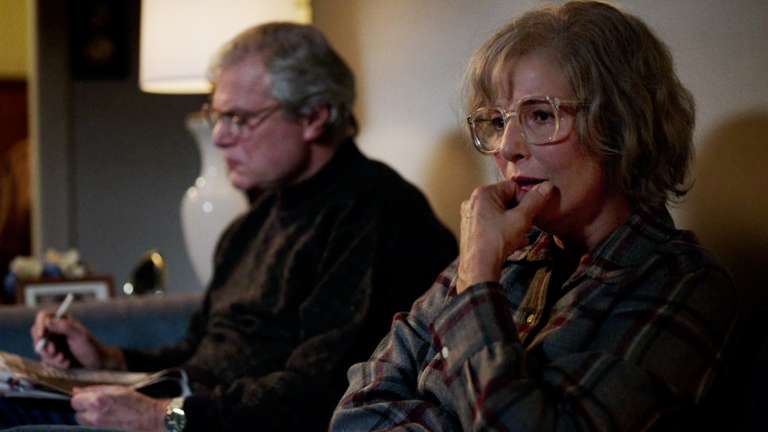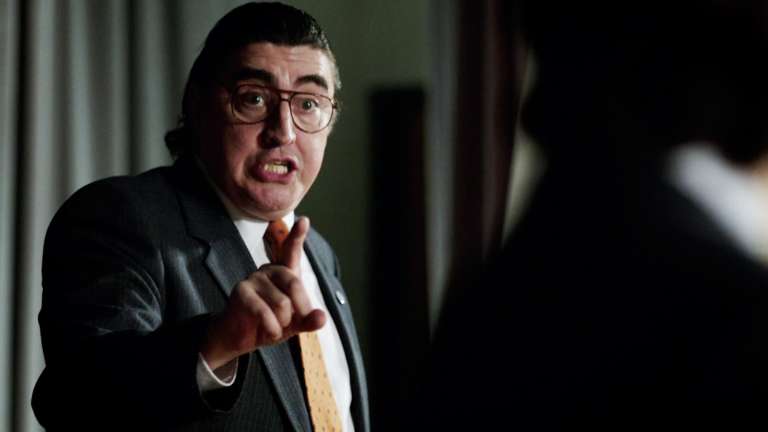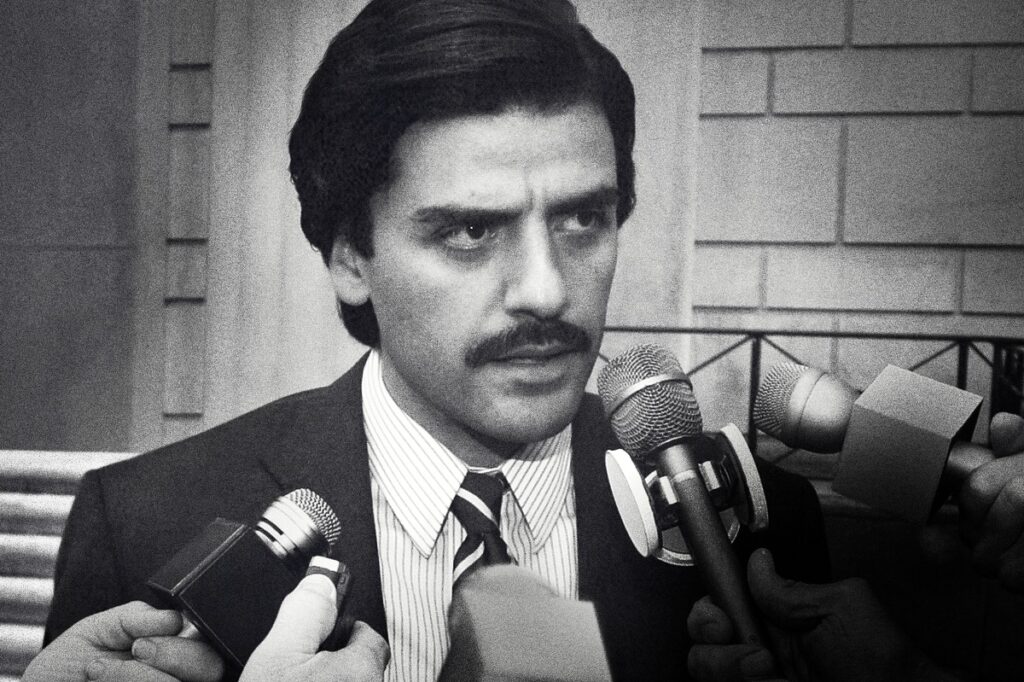Based on true events, the HBO miniseries ‘Show Me a Hero’ unfolds in ’80s New York in the town of Yonkers; it’s here an ongoing battle between the constituents and the law makers takes place. It follows the town’s mayor, a Bruce Springsteen-loving, 28-year-old ex-council member named Nick Wasicsko. Considered the youngest mayor in the United States at the time, Wasicsko attempts to address the grievances of his constituents over the implementation of a housing project that not only divides the haves and have-nots; it also gradually exposes underlying faults within the community. These challenges include the community’s racist, classist, and anti-Semitic mentalities toward not only their fellow constituents, but also the lawmakers themselves.
The mayor’s attempts to appease everyone, however, continue to prove futile; as he impresses neither his constituents nor the opposition by his tactics and decision making skills. His own duality further hinders his goals, too. His priorities shifts constantly between being a selfless do-gooder and a good leader solving his constituency’s grievances, to using his platform simply to pursue his own selfish ambitions.
Oscar Isaac effortlessly conveys the sense of stress and exasperation of a young mayor who soon realizes that he has bitten off more than he can chew. We watch as his character grows more and more burdened with each episode; he is forced to undertake this arduous journey alone, hoping to maintain some semblance of discipline and structure. Along the way, Wasicsko also aims to settle the issue amicably or even strike a connection with his stubborn constituents. All these not only gave me anxiety and cold feet about venturing into politics myself; they also made me sympathize with the character.

A Miniseries that Features Human, Albeit Flawed, Characters
What I love most about “Show Me a Hero” is that the characters aren’t merely caricatures with a heavy New York accent. Instead, the show depicts their humanity, albeit deeply flawed at that. In terms of characterization and narrative, I like that the writers allowed viewers a glimpse into the lives of the minority population of Yonkers. Many of these individuals, the Black and Latino communities, hail from the working class; and either benefited from the housing project, or languished due to the high rent and lack of safety and sanitation in their respective neighborhoods.
Apart from Isaac’s turn as Wasicsko, Catherine Keener is almost unrecognizable (kudos to the make-up department) as constituent Mary Dorman; she staunchly resists the housing project and constantly attempts to derail Wasicsko’s plans in favor of the opposition. Speaking of the opposition, Alfred Molina will make you loathe the corrupt (albeit a tad one-dimensional) Henry Spallone. This toothpick-chewing and smirky antagonist resorts to fear-mongering tactics to reel in the votes.
I felt that Winona Ryder was incredibly underutilized; though she still turns in a formidable supporting performance as Vinni Restiano. The feisty and fiercely competitive outspoken politician and Wasicsko’s longtime confidante, Restiano is just as ambitious as he is. Her character arc as the sole female candidate and lawmaker involves being initially undeterred by failure; only later she gradually finds herself being consumed and psychologically burdened by the dirty rat race of politics. This was interesting for me to witness, making me wish that her character in particular had more screen-time. In addition, Jon Bernthal as lawyer Michael Sussman delivers a sincere performance, as do the rest of the supporting cast. All these do justice to their respective, well-sketched-out roles.

Show Me a Hero: What It Takes to be One
Lastly, “Show Me a Hero” feels important in the current times as it sheds light on ghettoization, gentrification, and displacement. It also focuses on the use and abuse of power. Additionally, it shows the need, not only for better governance, but also better political infrastructure. More importantly, the show emphasizes the need for us as a community to put aside our differences and our prejudices. It encourages us to examine our privileges and forsake them for the greater good of those who do not have the upper hand, or those who cannot afford or share in those same privileges to take part in the discourse… Because sometimes, that is all it takes to be a hero.
You can watch “Show Me a Hero” on HBO Max today.


